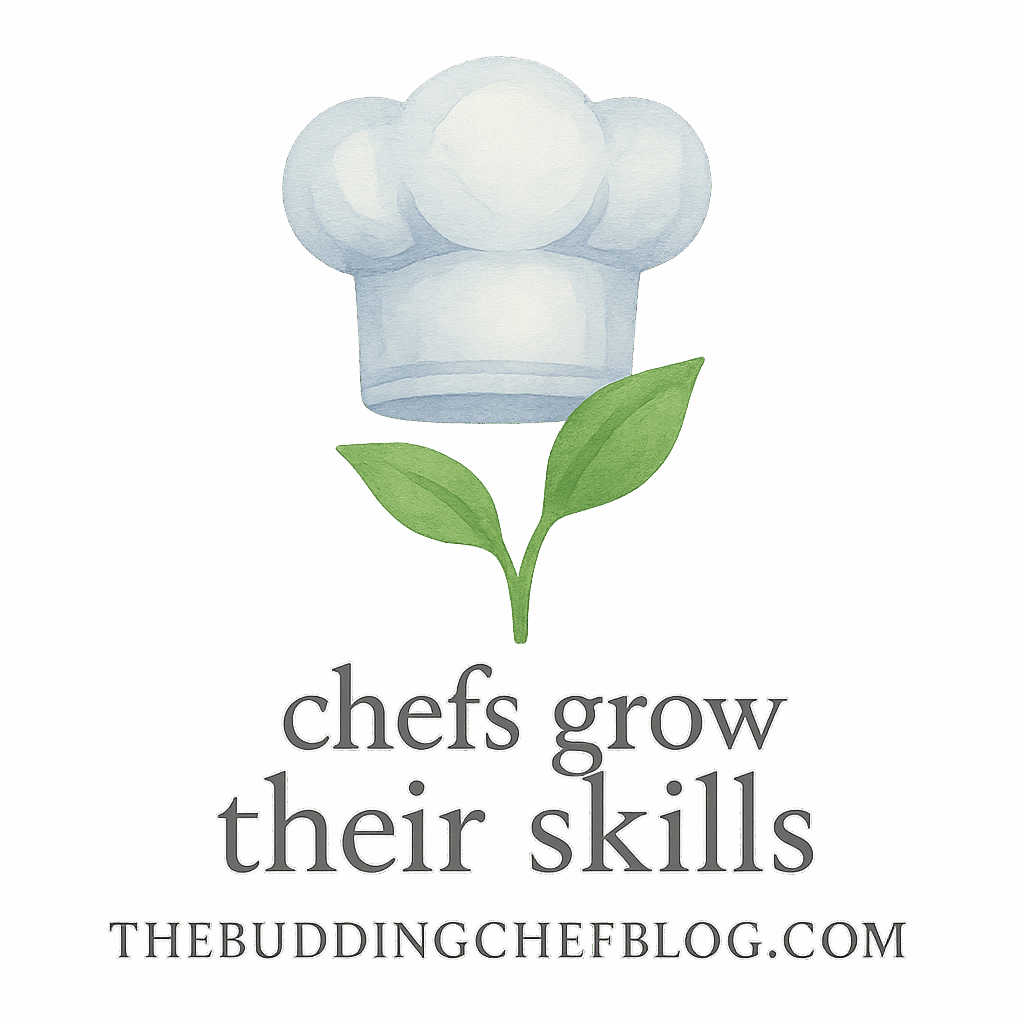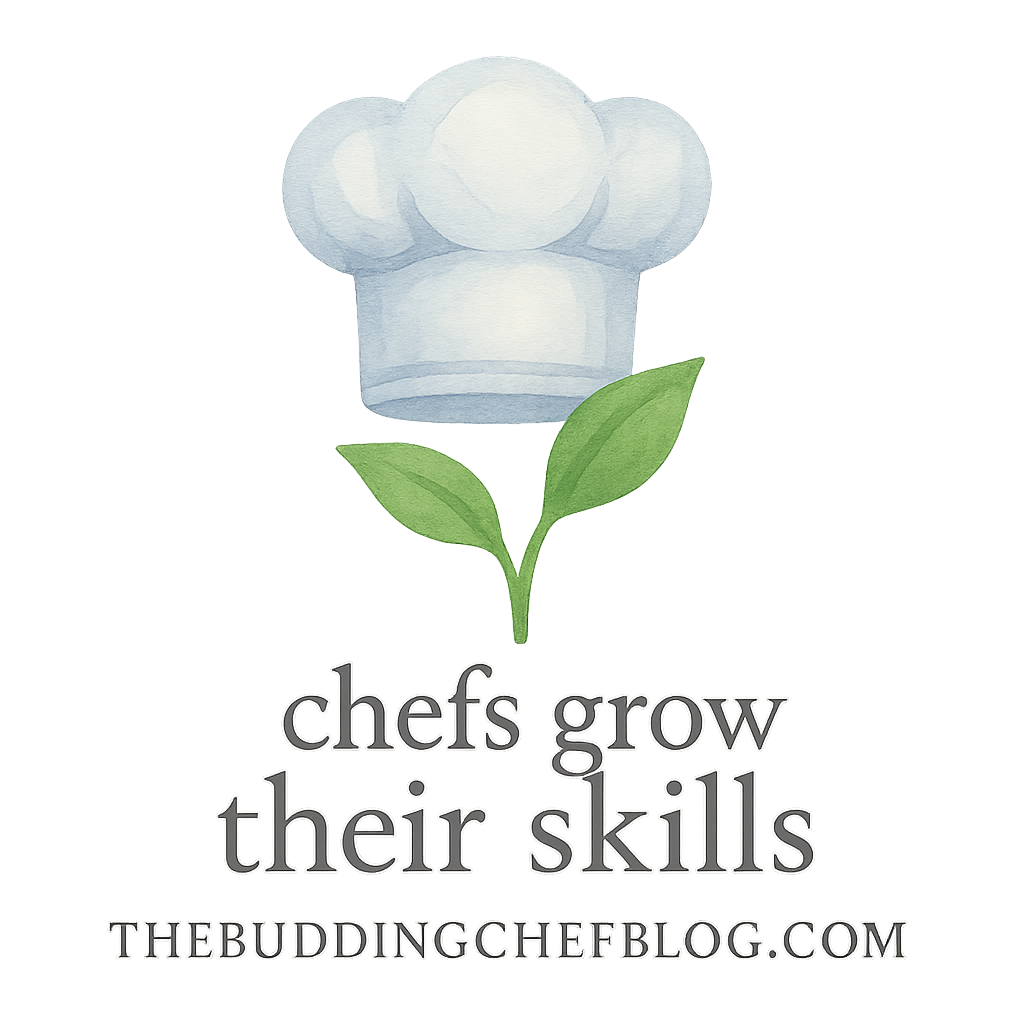Introduction
Learning to cook can feel like climbing a mountain with slippery boots. But the truth is, it’s more like hiking a trail with scenic checkpoints. Every step forward is a win, and those milestones? They’re your guideposts, letting you know you’re headed in the right direction. Whether you’re a kitchen newbie or someone trying to sharpen your skills, these 10 milestones can help you track your growth and fuel your passion.
Ready to check how far you’ve come? Let’s dive in!
1. Mastering Basic Cooking Techniques
The Importance of Fundamentals
Every solid house needs a strong foundation—and in cooking, that foundation is made up of basic techniques. Knowing how to boil, roast, sauté, or simmer gives you the power to tackle any recipe with confidence.
Techniques Every Beginner Should Know
Start with techniques like sautéing, boiling, broiling, and roasting. Once you’ve nailed these, your culinary confidence will skyrocket. These techniques are well-covered in the Basic Cooking Techniques guide.
2. Developing Knife Skills
From Clumsy to Confident
If you’ve ever struggled to dice an onion or feared slicing your fingers, you’re not alone. But once you get the hang of it, you’ll be prepping like a pro.
Types of Cuts to Master
Julienne, dice, chiffonade, and mince—sound familiar? If not, that’s okay. Mastering these will not only save time but also make your dishes look restaurant-worthy.
Check out the Kitchen Tools & Equipment section for recommended knives and tutorials.
3. Understanding Ingredients
Why Ingredient Knowledge Matters
Knowing your ingredients is half the battle. It’s not just about what something is—it’s about how it behaves.
Building a Flavor Profile
Learn which flavors complement each other. Think basil and tomato, or garlic and butter. It’s like building a playlist—some songs just vibe better together.
Deep dive into the Ingredient Knowledge section to level up.

4. Efficient Use of Kitchen Tools and Equipment
Choosing the Right Tools
Ever tried flipping pancakes with a soup ladle? Yeah, not ideal. Knowing which tool does what can make your cooking faster, cleaner, and easier.
Knowing Your Cookware
From pots to pans to pressure cookers, understanding your Cookware helps you get the job done right the first time.
5. Following and Adapting Recipes
Recipe Reading as a Skill
Reading a recipe is more than just scanning ingredients. It’s about timing, prep, and understanding technique.
Adapting to Personal Preferences
Not a fan of mushrooms? Love spice? As you grow, you’ll learn how to tweak recipes to your taste—and that’s a huge milestone.
Practice your skills at Recipe Practice.
6. Meal Planning and Time Management
Planning Like a Pro
Knowing what you’ll cook in advance saves time and reduces waste. Plus, it keeps you from reaching for that takeout menu again.
Multitasking in the Kitchen
Boiling pasta while sautéing veggies and setting the table? You’re juggling like a chef now! Learn more under Meal Planning.
7. Minimizing Common Mistakes
Learning from Slip-Ups
Burnt toast? Overcooked steak? It happens to everyone. The key is learning why and doing better next time.
Turning Mistakes into Opportunities
Accidentally added too much salt? Try balancing it with lemon juice or sugar. These hacks separate beginners from seasoned cooks.
More tips on Mistakes every beginner makes.
8. Cooking for Others and Receiving Feedback
Cooking as a Form of Communication
There’s something deeply personal about feeding others. It’s your way of saying, “I care.”
Constructive Criticism is Gold
Not all feedback feels great—but it’s essential. Learning to accept and apply feedback is a huge step forward.
Explore stories and growth tips under Challenges.
9. Creating Original Dishes
Unlocking Creativity in the Kitchen
When you stop needing a recipe every time and start inventing your own—congrats, that’s big.
Experimentation and Refinement
Try a new twist on an old favorite. Sometimes it works, sometimes it flops, but each attempt brings you closer to mastery.
Perfect your craft with help from Professional Growth.
10. Building Consistent Cooking Habits
From Hobby to Lifestyle
Cooking regularly—not just when you’re in the mood—is the difference between dabbling and becoming a true home chef.
The Role of Practice and Routine
It’s all about building cooking into your daily routine. Think of it like working out—the more you do it, the stronger you get.
Dive into the world of Cooking Skills and Practice.
Conclusion
Your journey as a chef won’t look like anyone else’s, and that’s okay. What matters is recognizing and celebrating your progress. Every milestone you hit brings you one step closer to culinary confidence. Whether you’re slicing veggies like a ninja, creating your own recipes, or just avoiding burning toast, it all counts.
Want more beginner-friendly guidance? Explore helpful tags like Beginner Chefs, Affordable Cooking, and Essentials for Chefs on The Budding Chef Blog.
FAQs
1. How can I measure my progress as a beginner chef? Start by tracking which techniques you’ve learned and how comfortable you are in the kitchen. Progress looks like confidence, consistency, and creativity.
2. What are the most important tools for beginners? A good chef’s knife, cutting board, and nonstick pan are key. Check the Kitchen Tools section for a full list.
3. How often should I cook to get better? Aim for at least 3-4 times per week. The more you practice, the faster you’ll improve.
4. I keep messing up recipes. Is that normal? Totally! Every chef has burned something. Mistakes are part of learning.
5. How do I start creating my own recipes? Begin by tweaking existing ones—swap spices or ingredients. Then slowly start building your own from scratch.
6. What’s the best way to learn about ingredients? Read labels, ask questions at the store, and browse the Ingredient Knowledge section.
7. Where can I find more resources for beginner chefs? Check out The Budding Chef Blog and explore categories like Cooking, Improvement Chefs, and Success.


